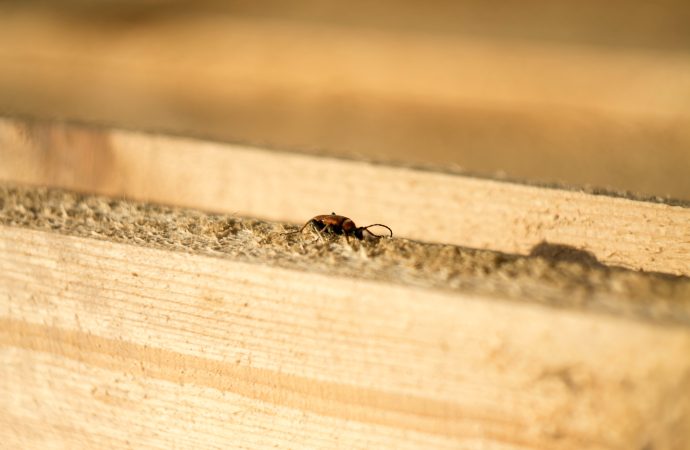When thinking about termite colonies, the image of diligent worker termites toiling away often comes to mind. However, behind the scenes of these intricate societies, a lesser-known character plays a vital role: the termite king. Recent research has shed light on the surprising importance of male termites and their unique contributions to colony dynamics, challenging
When thinking about termite colonies, the image of diligent worker termites toiling away often comes to mind. However, behind the scenes of these intricate societies, a lesser-known character plays a vital role: the termite king. Recent research has shed light on the surprising importance of male termites and their unique contributions to colony dynamics, challenging traditional perceptions of termite social structures.
Traditionally, termite queens have received most of the attention due to their role in reproduction and population growth. They lay eggs, giving rise to the vast armies of worker termites responsible for constructing nests, foraging for food, and maintaining the colony. The queens are the foundation upon which the termite society is built.
Yet, male termites, often referred to as kings, have typically been overlooked, considered little more than reproductive vessels. However, recent studies have unveiled a more nuanced understanding of the termite king’s significance within the colony.
Contrary to previous assumptions, research indicates that termite kings play a crucial role in maintaining colony cohesion and stability. Their contributions extend beyond reproduction and encompass intricate behaviors that influence the overall well-being of the termite society.
One significant role of the termite king is the regulation of social behaviors within the colony. Studies have shown that kings emit chemical signals that help maintain harmony among the termite workers. These signals influence the behavior of worker termites, guiding their actions and ensuring collective efficiency in tasks such as foraging, building, and defense.
Moreover, termite kings are known to engage in grooming behaviors. By meticulously attending to the cleanliness of their nestmates, they contribute to the overall hygiene and disease prevention within the colony. This behavior helps maintain the health and longevity of the entire termite community, showcasing the termite king’s active involvement in ensuring the colony’s survival.
Another intriguing aspect of the termite king’s role is its influence on reproductive dynamics. While queens are responsible for laying eggs, research has shown that termite kings play a role in regulating the development of reproductive castes within the colony. They produce pheromones that inhibit the development of other potential kings, ensuring that the colony maintains a single dominant reproductive individual. This mechanism promotes genetic diversity and prevents conflicts that could arise from multiple reproductive males vying for dominance.
The newfound understanding of the termite king’s importance challenges traditional notions of hierarchical social structures. It highlights the intricate interplay of multiple individuals within a termite colony.

















Leave a Comment
Your email address will not be published. Required fields are marked with *